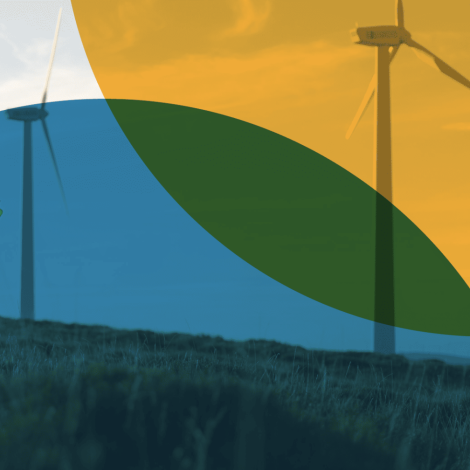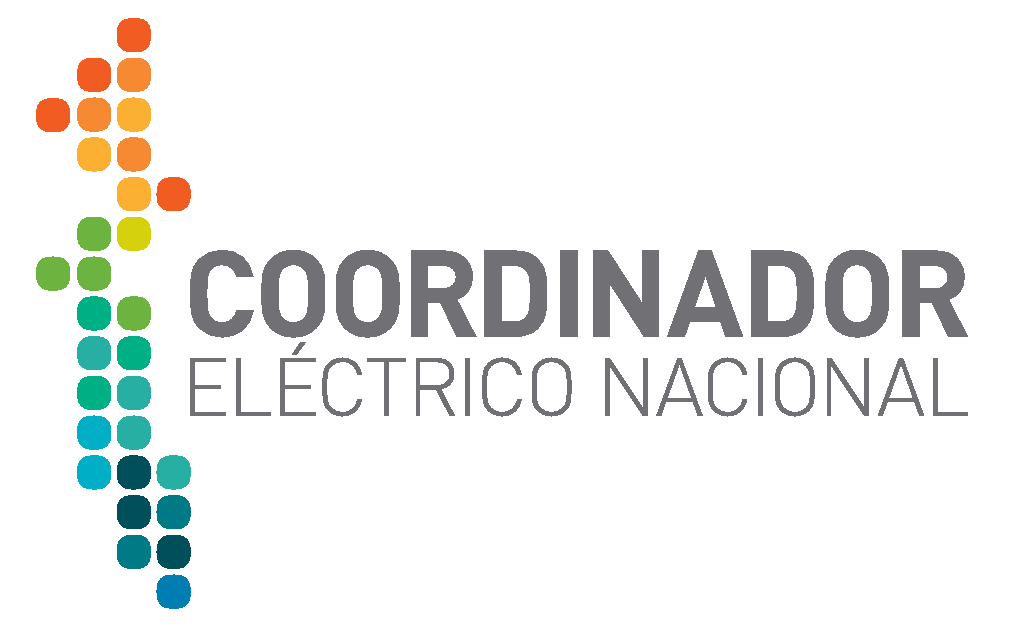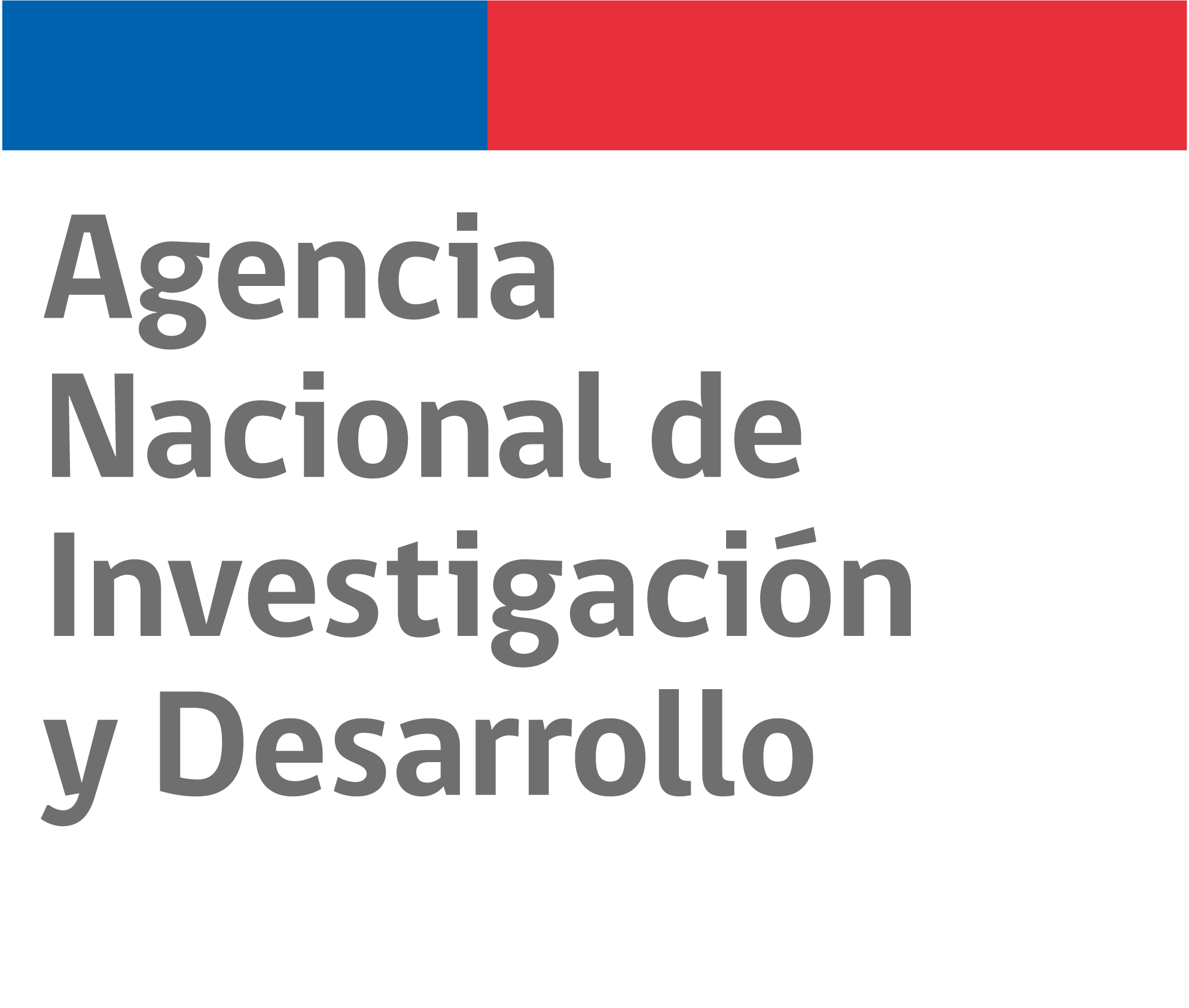
XV Jornadas de Economía de la Energía: Planificación Eléctrica Resiliente
25 de septiembre - Aula Magna M.J. Irarrázaval.
Casa Central de la Pontificia Universidad Católica de Chile
Avenida Libertador Bernardo O’Higgins 340, Santiago.
Presentación
Los recientes eventos de cortes de suministro eléctrico han elevado la preocupación por la vulnerabilidad de los sistemas eléctricos y la forma de cómo se puede evitar o mitigar los efectos de estos eventos a futuro. Al respecto, si bien el concepto de resiliencia no es nuevo, su definición ha evolucionado en el tiempo, especialmente en los últimos años con el aumento de la frecuencia en la ocurrencia de eventos extremos. Por ello, se hace muy relevante revisar las experiencias nacionales e internacionales en torno a conceptos como la confiabilidad, la adecuación de recursos, la seguridad de suministro, el análisis de riesgo y los nuevos avances en la planificación de sistemas eléctricos resilientes
Leer másCasa Central UC
Expositores Internacionales
8:30 a 17:40 Hrs.
Panel Internacional
¿Quienes Expondrán?
Aquí podrás ver los un resumen de los curriculum de los expositores.

Goran Strbac is a Professor of Energy Systems, with extensive experience in advanced modelling and analysis of operation, planning, investment and economics of the electricity system. He led the development of novel advanced analysis approaches and methodologies that have been extensively used to inform electricity industry, governments and regulatory bodies about the role and value of emerging new technologies and systems in supporting cost effective evolution to smart low carbon future. He is a member of the Steering Committee of the SmartGrids European Technology Platform and participates in working groups and committees within CIGRE, CIRED IET, IEEE and IEA. He co-authored 4 books and published over 180 technical papers.
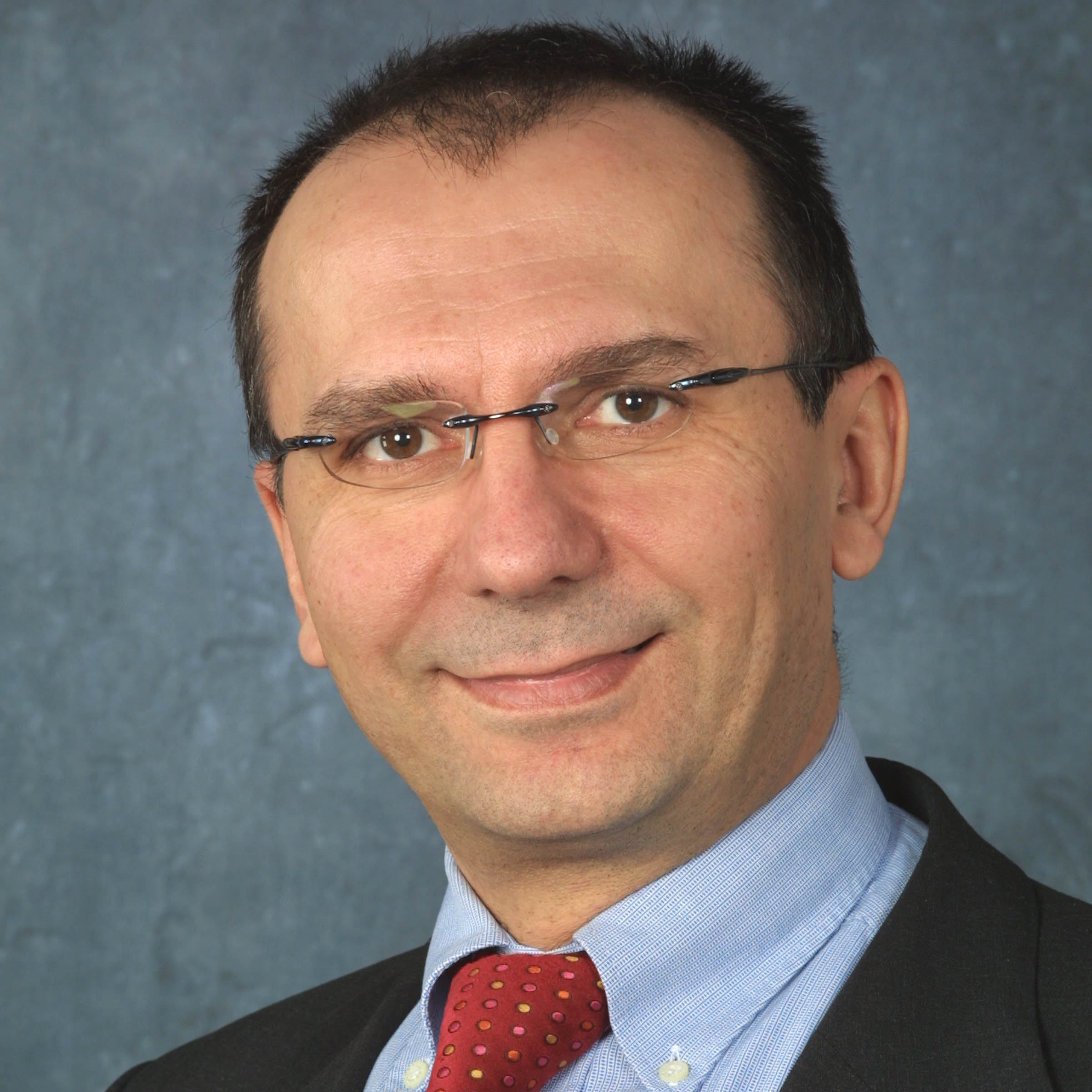
Goran Strbac is a Professor of Energy Systems, with extensive experience in advanced modelling and analysis of operation, planning, investment and economics of the electricity system. He led the development of novel advanced analysis approaches and methodologies that have been extensively used to inform electricity industry, governments and regulatory bodies about the role and value of emerging new technologies and systems in supporting cost effective evolution to smart low carbon future. He is a member of the Steering Committee of the SmartGrids European Technology Platform and participates in working groups and committees within CIGRE, CIRED IET, IEEE and IEA. He co-authored 4 books and published over 180 technical papers.

Elina is the Leverhulme Lecturer in the Department of Electrical and Electronic Engineering at Imperial College London. Using multi-temporal large-scale engineering-economic optimization models, her research aims to develop, model, and analyze novel policies, procedures, and market solutions that can support the transition to sustainable energy systems in a cost-effective, reliable, and equitable way. Before joining Imperial, Elina was a research engineer at the US Department of Energy's National Renewable Energy Laboratory, focusing on the development of risk management products for electricity markets and integration of renewable and emerging resources in power system operations. Elina received her PhD in Geography and Environmental Engineering from the Johns Hopkins University in 2019. Her doctoral research in power system planning in fragile areas of the world was featured on the April 2019 cover of Nature Energy. Elina’s previous research was supported by an ARPA-E project, various DOE programs, and an Onassis Foundation scholarship. She received an MSc in Environmental Science and Policy from Johns Hopkins in 2016, and her Diploma in Electrical and Computer Engineering from the National Technical University of Athens in 2012.
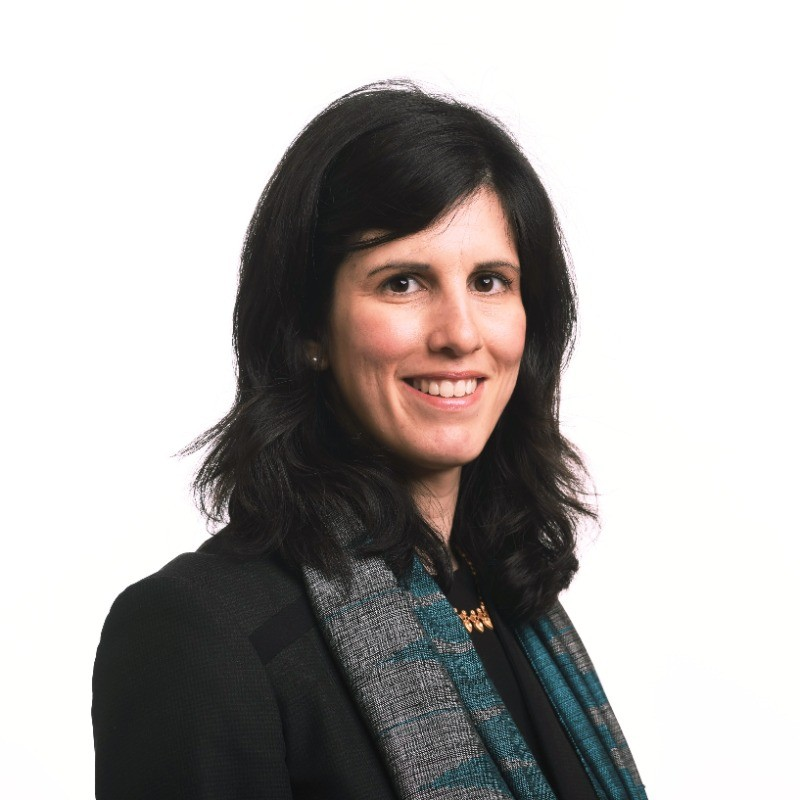
Elina is the Leverhulme Lecturer in the Department of Electrical and Electronic Engineering at Imperial College London. Using multi-temporal large-scale engineering-economic optimization models, her research aims to develop, model, and analyze novel policies, procedures, and market solutions that can support the transition to sustainable energy systems in a cost-effective, reliable, and equitable way. Before joining Imperial, Elina was a research engineer at the US Department of Energy's National Renewable Energy Laboratory, focusing on the development of risk management products for electricity markets and integration of renewable and emerging resources in power system operations. Elina received her PhD in Geography and Environmental Engineering from the Johns Hopkins University in 2019. Her doctoral research in power system planning in fragile areas of the world was featured on the April 2019 cover of Nature Energy. Elina’s previous research was supported by an ARPA-E project, various DOE programs, and an Onassis Foundation scholarship. She received an MSc in Environmental Science and Policy from Johns Hopkins in 2016, and her Diploma in Electrical and Computer Engineering from the National Technical University of Athens in 2012.
Panelistas
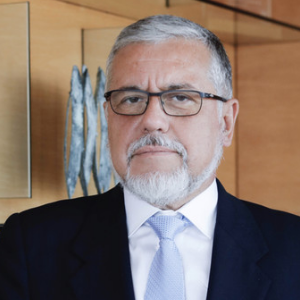



Auspicia


Inscríbete
Organiza


Contacto
Departamento de Ingeniería Industrial y de Sistemas.
Escuela de Ingeniería
Pontificia Universidad Católica de Chile

